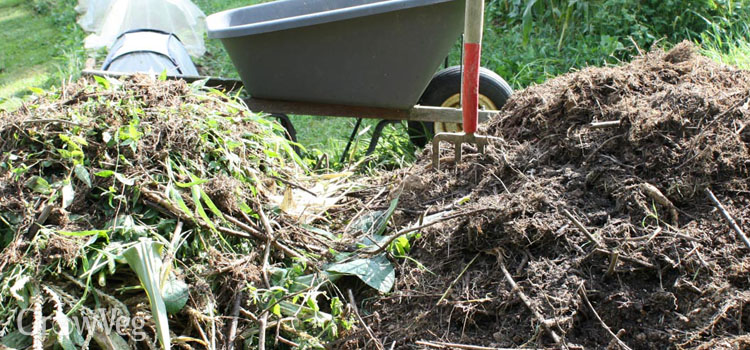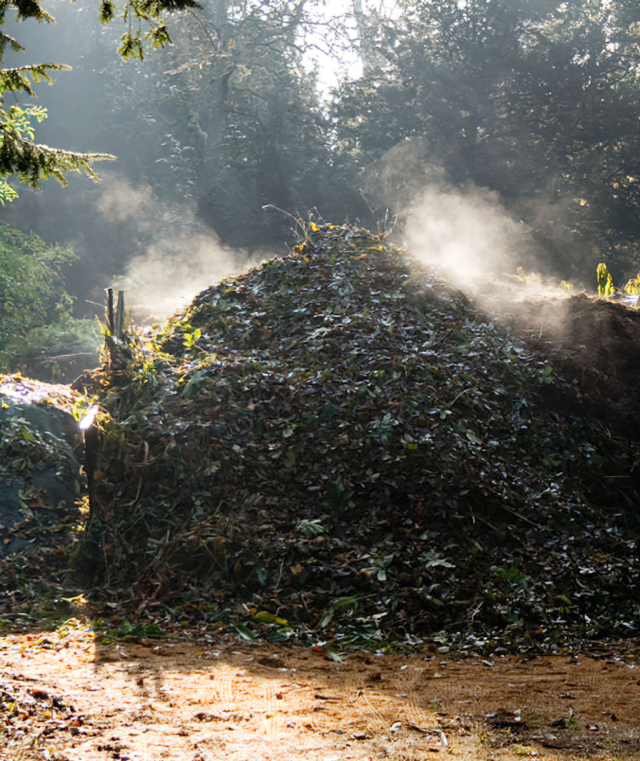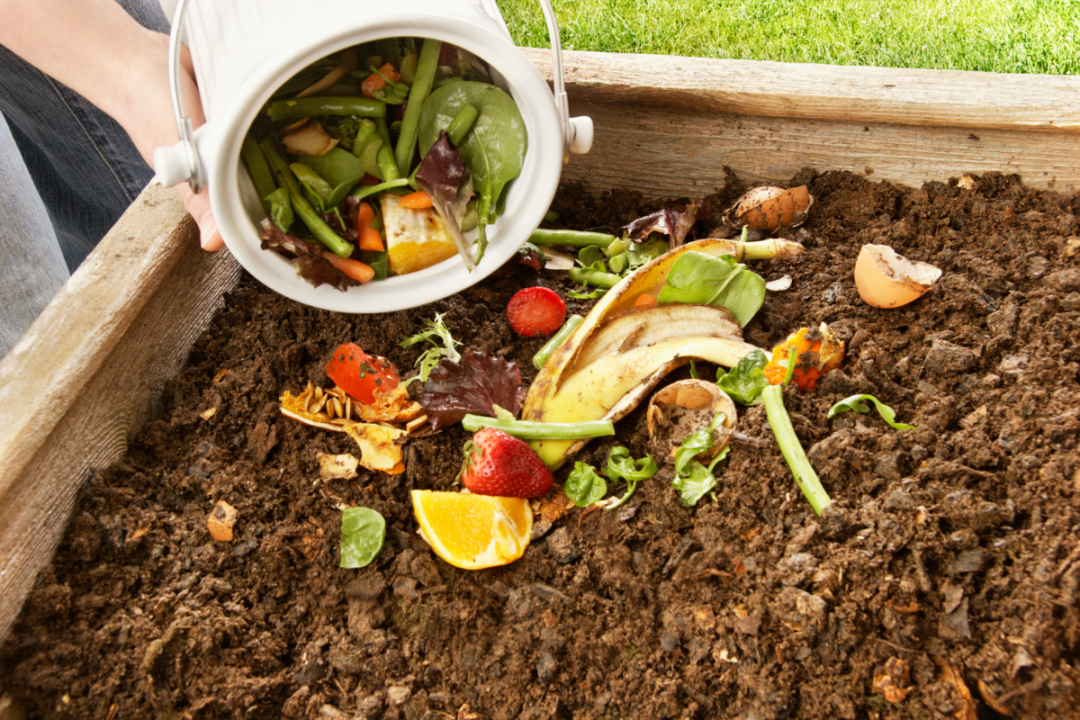Composting is an essential practice for anyone with a vegetable garden. It transforms garden waste and kitchen scraps into nutrient-rich material that supports plant growth. If you haven’t started composting yet, now is the perfect time to begin. And if you already compost, you might be looking for ways to improve your process. In this guide, we’ll cover simple, effective methods to create excellent compost quickly and efficiently.
Your Composting Setup
For smaller gardens, a simple enclosed compost bin works well. Choose bins with thicker, insulated sides to help retain heat and speed up the decomposition process. Larger gardens might benefit from tumbling composters, which mix materials more easily. However, even without a container, uncontained compost heaps can work just as effectively. Larger heaps tend to be more efficient because the center stays warmer, promoting faster decomposition.
To improve insulation and organization, consider using repurposed wood or old pallets to create sides for your compost pile. If space allows, having multiple compost heaps—ideally placed next to each other—can make composting easier by allowing you to rotate materials between bins, speeding up the process.

How to Compost
An effective compost heap requires a balance of “greens” and “browns.” Greens include nitrogen-rich materials like grass clippings, weeds, and kitchen scraps, while browns consist of carbon-rich items like woodier prunings, leaves, and shredded paper.
Aim for a rough ratio of two-thirds browns to one-third greens. However, don’t stress over perfect proportions. The key is to add materials as they become available. When adding dry ingredients, moisten them to jumpstart the decomposition process. Cut larger items into smaller pieces to increase surface area, which helps speed things up. Using a shredder on woody material can be particularly effective.
Avoid adding glossy-coated cardboard or too much wet material at once. Layer wetter materials, such as fresh grass clippings, with drier items like cardboard or leaves. The ideal mix should be damp but not soggy. A sprinkle of wood ash can help balance moisture levels, but only use wood ash, not coal ash.

Boosting the Process
To accelerate decomposition, include high-nitrogen materials. Animal manure (from herbivores like chickens or rabbits), urine, and even nettles can dramatically increase the speed of composting. Just be cautious with strong-smelling ingredients like urine and manure; small amounts go a long way.
Avoid adding certain items to your compost. Do not include cooked food scraps, meat, or dairy, as they attract pests like rats. Also, steer clear of adding perennial weeds with roots intact. If you have weeds that have already set seed or perennial roots, compost them separately or drown them in water for a few weeks to kill them off before adding them to your heap.

Turning Your Compost
One of the best ways to speed up the composting process is to turn your pile. Regularly mixing the compost introduces air, which is essential for the microbes responsible for breaking down the material. Once your heap is full, turning it helps oxygenate the materials and speeds up decomposition. This also helps break up the compost into a finer, more manageable product, making it easier to spread on your garden beds.
Having multiple bins makes turning your compost even easier. You can dig out one bin, transfer the compost to another, and begin filling the empty bin with fresh materials.
Conclusion
Composting is a simple, natural way to recycle garden and kitchen waste into valuable, nutrient-rich compost for your plants. By balancing greens and browns, turning your heap regularly, and adding high-nitrogen ingredients, you can quickly create superb compost that will nourish your garden all year round. Whether you’re a beginner or a seasoned composter, these tips will help streamline the process and give you the best results.
